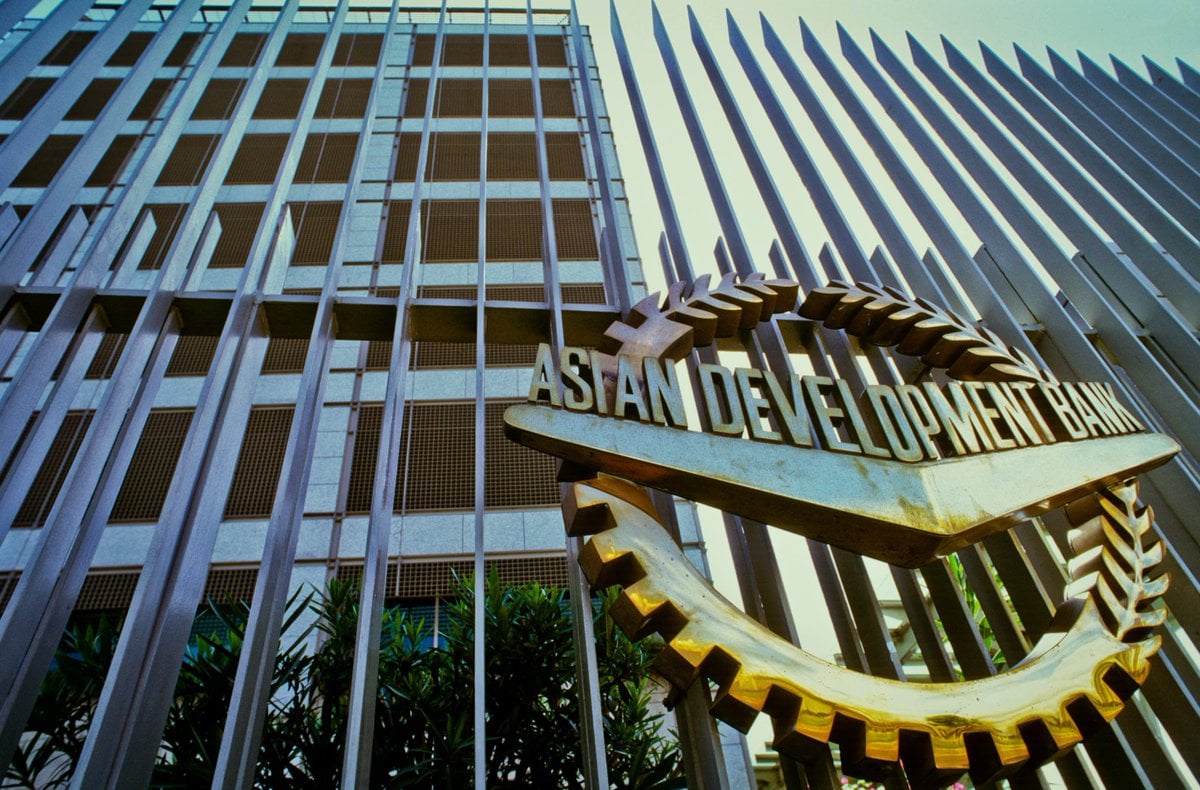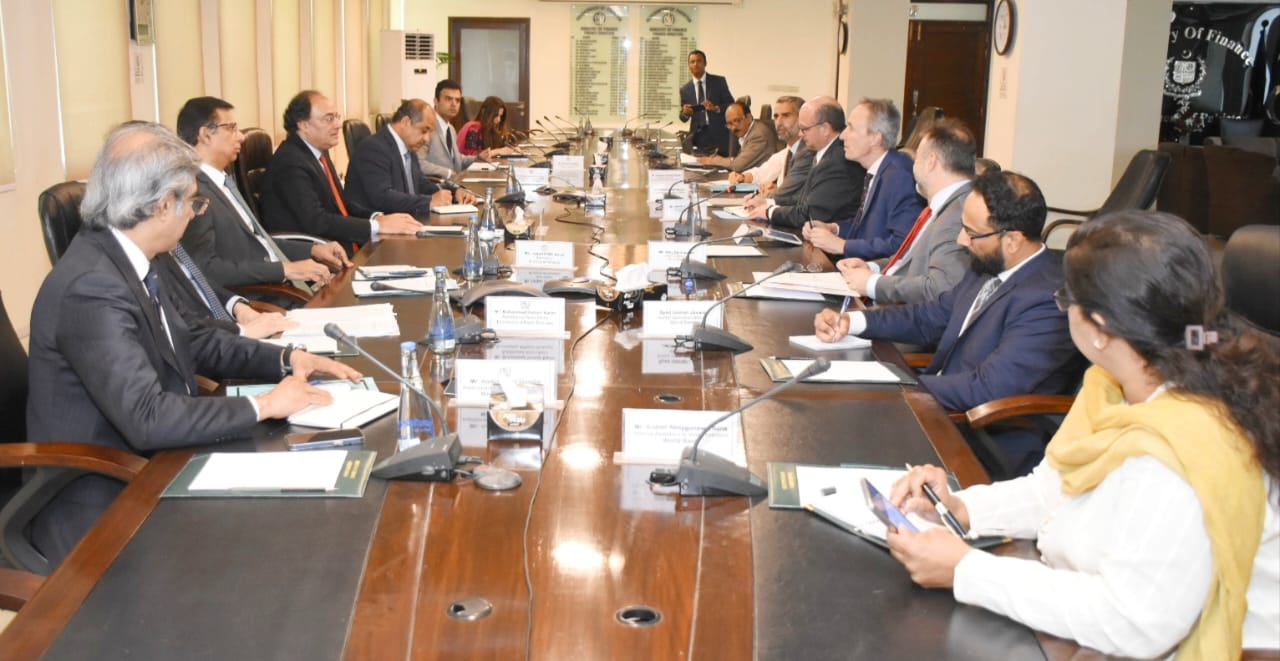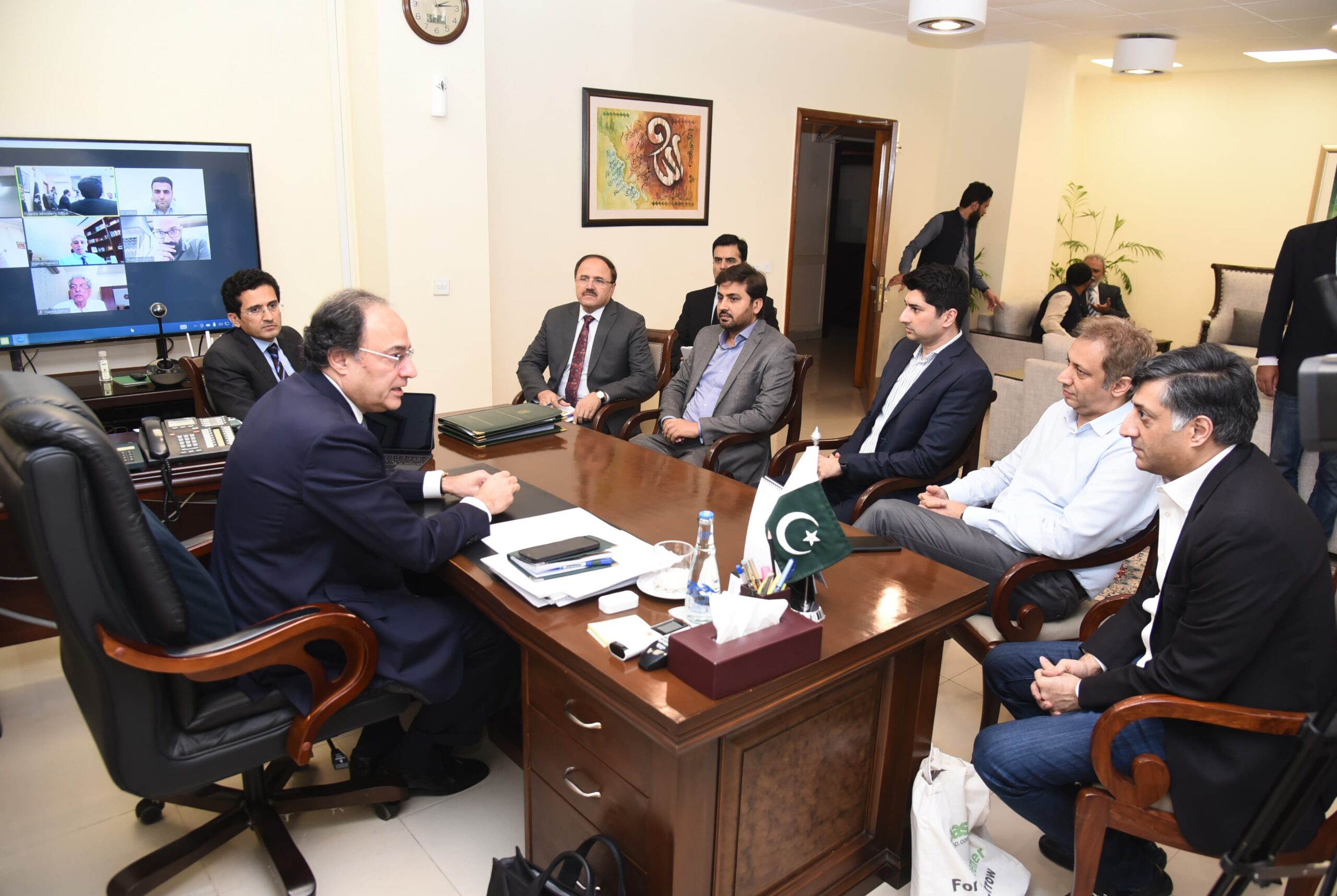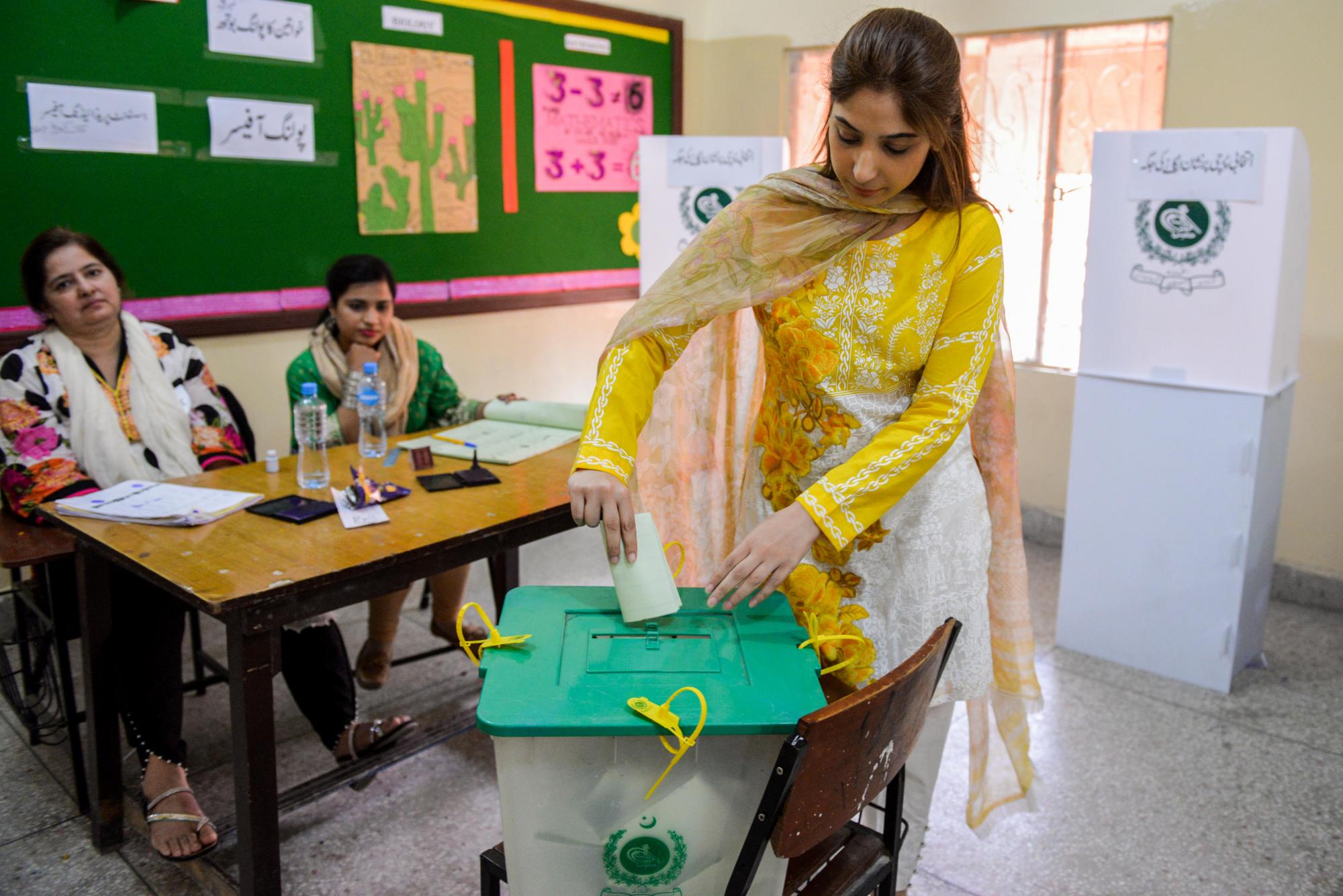Pakistan has experienced a significant increase in trade-based money laundering (TBML) related suspicious transaction reports (STRs), with the monthly volume rising by an average of 398 percent, according to the Asian Development Bank (ADB).
The ADB, in collaboration with Pakistan’s Financial Monitoring Unit (FMU), revealed this surge in a brief titled “Transforming the Fight Against Trade-Based Money Laundering: New Data and Partnerships,” which highlights the results of a pilot program aimed at combating TBML.
This pilot, which was part of the ADB Trade and Supply Chain Finance Program, introduced new data and training to improve the detection and investigation of TBML crimes across several countries, including Pakistan. It involved collaboration with the United Nations Office on Drugs and Crime (UNODC) and the financial intelligence units (FIUs) of Pakistan, Bangladesh, Nepal, Mongolia, and Sri Lanka.
The brief provides insights into the significant increase in TBML-related STRs in Pakistan. From July 2023 to June 2024, Pakistan’s FMU recorded a monthly average of 191 suspicious trade transactions, a sharp contrast to the pre-pilot monthly average of just 38. This represents a 398 percent increase, underscoring the effectiveness of the TBML pilot program.
The pilot was conducted with the participation of ten major banks in Pakistan, which helped identify and report suspicious transactions linked to trade-based money laundering. Notably, these ten banks represent only a quarter of the country’s 40 banks, suggesting that the actual number of suspicious transactions could be higher if more banks were included in the pilot.
During the pilot, the FMU noticed that banks in Pakistan provided more detailed reasons for filing TBML-related STRs. This improvement indicates that banks were scrutinizing trade documents more closely and reporting their findings more effectively. The pilot introduced enhanced data elements in Pakistan’s FMU reporting system, making it easier for banks to report suspicious trade activities using a dropdown selection of TBML indicators.
One of the major outcomes of the pilot was the ease with which Pakistani banks could report suspicious trade-related transactions. The improved reporting system, coupled with the goAML platform developed by the UNODC, led to an increase in the number of filed TBML-related STRs by banks and other reporting entities.
In addition to the enhanced reporting process, law enforcement agencies in Pakistan were also more involved. The FMU reported receiving a higher volume of information requests from law enforcement agencies, who sought cross-border data to aid in their TBML investigations. This collaborative approach between financial institutions and law enforcement has strengthened Pakistan’s fight against illicit financial activities and has allowed authorities to identify trends and patterns associated with TBML.
The FMU’s findings revealed that criminals often use TBML schemes to smuggle contraband, such as illegal drugs, under the guise of legitimate trade goods. By disguising illegal activities as regular trade transactions, these criminals evade customs duties and taxes. A common tactic uncovered during the pilot was “underinvoicing,” where criminals deliberately declare lower values on trade invoices to reduce taxes and fees, while settling the remaining balances through accounts held abroad.
The pilot also allowed authorities to identify the types of goods and trade routes most frequently associated with TBML activities. Pakistan’s FMU highlighted several goods commonly linked to suspicious trade transactions, including solar panels, textiles, chemicals, rice, and industrial equipment. These goods, while legitimate on the surface, were found to be used by criminals as a cover for illicit activities.
The FMU’s data also indicated that specific trade routes were more vulnerable to TBML. These routes, used by criminals to move contraband across borders, are now under increased scrutiny by law enforcement and customs officials.
Banks that participated in the pilot program provided overwhelmingly positive feedback on the enhanced reporting functionality and associated processes. The introduction of new trade-related data elements into STRs simplified the reporting process and allowed for more accurate and detailed filings of TBML-related suspicious transactions.
Law enforcement agencies also praised the initiative, noting that the financial intelligence provided by the FMU had been instrumental in their investigations. The improved data quality enabled authorities to conduct more thorough investigations into TBML cases, leading to the potential for more prosecutions and better prevention of illicit financial activities.
While Pakistan saw a 398 percent increase in TBML-related STRs, other countries involved in the pilot program also experienced significant improvements in their ability to detect and report suspicious trade transactions. For instance, Bangladesh reported a 148 percent increase in TBML-related STRs. The pilot’s success in identifying suspicious goods, trade routes, and financial patterns has been a critical factor in strengthening anti-money laundering efforts across the region.
The pilot program has proven to be a valuable tool in enhancing the fight against trade-based money laundering in Pakistan and neighboring countries. By introducing new data elements, training, and collaboration between financial institutions, FIUs, and law enforcement, the program has enabled better detection, reporting, and investigation of TBML crimes.
As more banks and financial institutions in Pakistan adopt the enhanced reporting systems, it is expected that the number of TBML-related suspicious transactions will continue to rise. The insights gained from this pilot will play a crucial role in shaping future anti-money laundering policies and strengthening financial oversight to prevent illicit financial activities.




